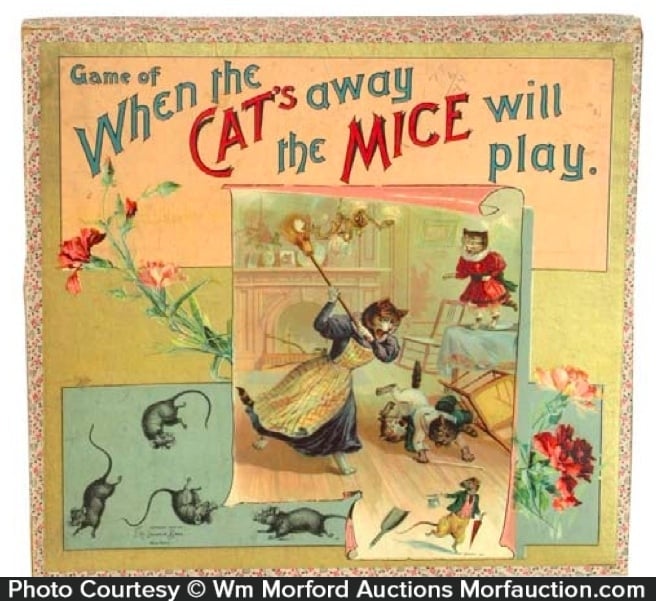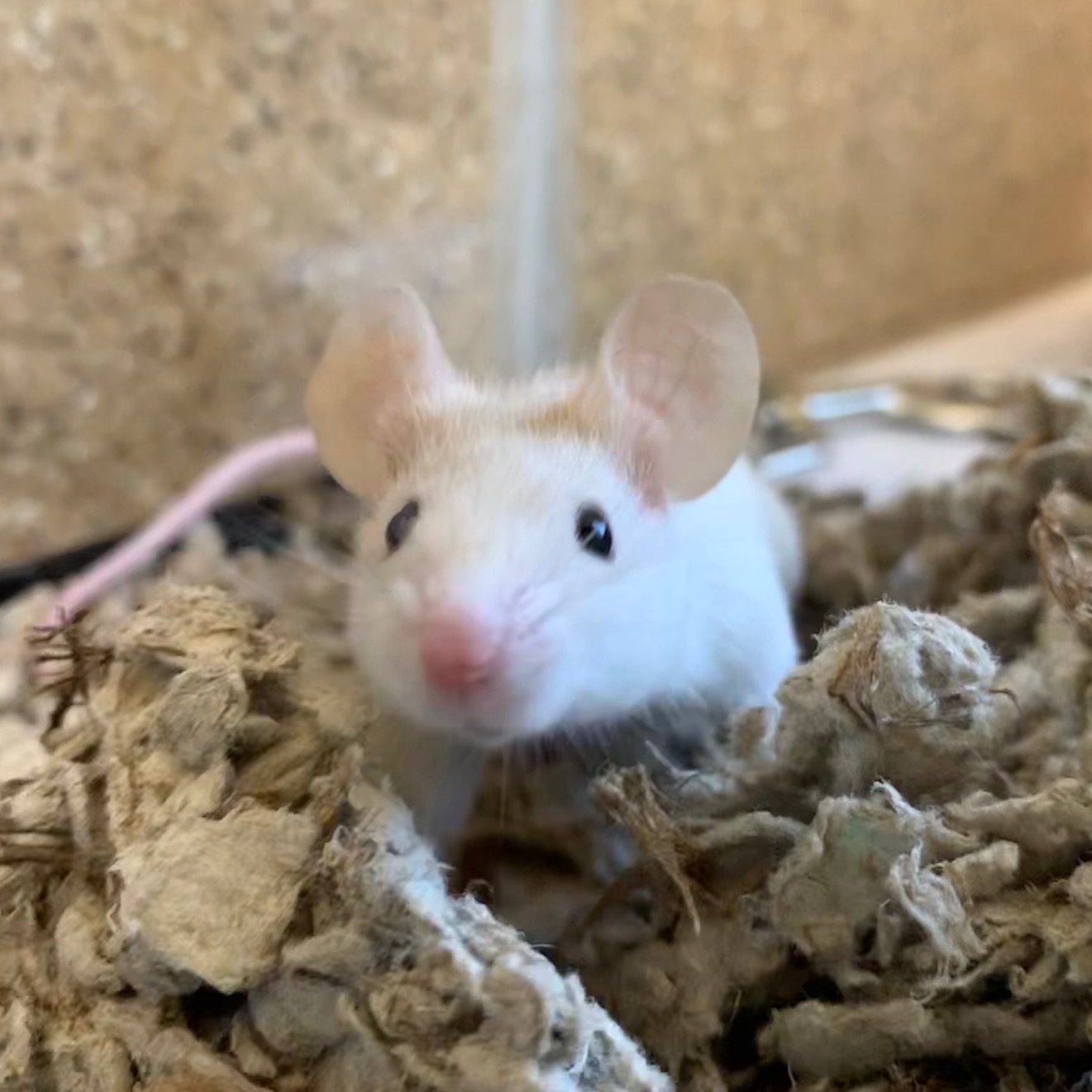

A quote from one of his poems written in simple English is: It comes from a poem written by a famous Scottish poet named Robert Burns. I didn’t want to wake up my roommates because they have to work Thursday morning. I bet you can imagine this idiom’s meaning already. Examples that you can use in your own conversations. The examples in my idiom list will be ones that are natural, or my own, original examples. Examples that they can use themselves in conversation. If you are teaching English learners to use idioms they need to hear natural examples. One long sentence by itself is hard to use naturally with no context. It’s not part of a longer conversation. This unnatural sentence is almost the same as my natural example #2, but it is not a response to anything. I wouldn’t say this, it really feels like the writer trying to force an idiom into one sentence with no context. This sentence isn’t grammatically wrong, but it feels too long. €œBob’s as poor as a church mouse so don’t bother asking him to give money for the new coffee machine.†These are small points, but when I see examples that try to fit the context all in one sentence it seems strange. Here the idiom supports the idea that there is no point in asking Bob (you shouldn’t bother asking him) because he had no money. The idiom in these 2 examples is a response to asking people to give $5 for a new coffee machine. The phrasal verb pitch in means: to give a particular amount of money in order to help with somethingī: Bob’s as poor as a church mouse so don’t bother asking him. A: If everyone pitches in $5 we can get a new coffee machine for the break-room.ī: Don’t bother asking Bob, he’s as poor as a church mouse.My original sentence is the way I would use it in a conversation. My very first example feels the most natural. I prefer the second example because the idiom is not the start of your sentence, it comes later and supports the first clause. The 2 clauses are separated in this sentence by the conjunction ‘ so.’ Here the idiom is a separate clause that comes after I tell you that I just spent all my savings, and the idiom is used to stress (emphasize) how poor I am. This is still not so natural for me, but it’s better than the first example. €œI just spent my savings so I’m poor as a church mouse.†It will be part of a longer conversation. I don’t often hear an idiom at the start of a sentence unless it’s a follow-up to another sentence. I have never heard the idiom used this way in a real conversation. €œI’m poor as a church mouse because I just spent my savings.†Here is an example you might see in an “idiom†textbook: It is a separate response that comes after I explain my situation. The idiom poor as a church mouse means that I’m very poor. I just used all my savings to pay my credit card bill. We say them by themselves as a response to a previous comment or to support another comment.

Idioms are often used as a complete sentence or a separate clause in a sentence. I’m going to try and fix that with this blog post 🙂 The problem with how idioms are taught I have never heard a native speaker use idioms the way they are used in these forced examples. It doesn’t sound like I have EVER heard the idiom used in a natural conversation.

They are trying to force the idiom into one sentence and it sounds very strange. I’ve seen idiom textbooks, and I’ve visited some Internet websites that have idiom lists, but some of them use terrible examples.

I don’t like how idioms are taught in some textbooks, versus how idioms are actually used in natural English conversation. You can learn more about the Chinese Zodiac in my 2019 post 10 pig idioms. These two animals are very closely related, both animals are used for the Zodiac sign by different cultures. Rats have a worse image than a mouse, people often think of them as dirty. Rat – ​a small animal with a long tail, that looks like a large mouse, usually considered a pest (= an animal which is disliked because it destroys food or spreads disease) Rat Mice live in fields, in people’s houses, or where food is stored. Mouse – a small animal that is covered in fur and has a long thin tail. Here are their meanings from Oxford Learner’s Dictionary dot com. What’s the difference between a mouse and a rat?Ī mouse and a rat are animals in the same family.


 0 kommentar(er)
0 kommentar(er)
